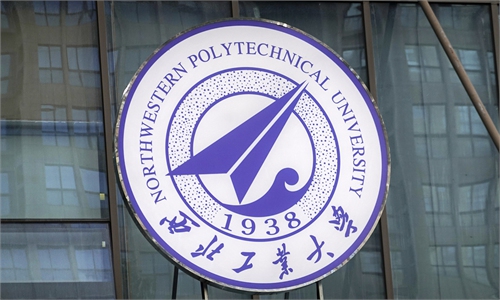At the Huawei Connect 2023, which showcased the company’s latest products and technologies, Meng vowed a number of new initiatives to bolster its computing base, as part of the company’s “All Intelligence” strategy.
Meng said that computing power is the core of Artificial Intelligence’s development, and Huawei will build a robust computing power foundation to support diverse requirements of various industries.
“We support every organization and industries to train their large models using information.” Meng said.
According to Meng, Huawei’s All Intelligence strategy aims to accelerate the “intelligence” of all industries, including connecting “everything” both virtual and physical, allowing model applications to benefit everyone, and offering computing power for every decision-making.
Intelligent transformation is the global tendency of manufacture development, which is crucial for the high-quality development of China’s manufacturing industry. Intelligence and its underlying computing power has become a focal point in the global technological competition.
Huawei, which has been a top target of the US’ technological crackdown, has been investing heavily in building its computing power, and its Large Language Model (LLM).
The LLM, which absorbs massive knowledge can be applied to multiple scenarios, lowered the threshold of AI development and application, according to Meng, and LLM bring possibility to solve large-scale industrial problems.
The computing power requirement of a LLM doubles every four months, according to Zhou Bin, CTO of Huawei’s Ascend Computing Business.
Huawei has continued to invest in research and development including in areas such as chemistry and material, physical and engineering, for decades, the combination of connecting and computing techniques contributed its advantages on intelligent products and system.
Meng said Huawei is also focused on personnel training through cooperation with colleges.
Huawei is working with 2,600 universities around the world to jointly build information and communication technology academies, which have trained 200,000 students annually. The “smart base” projects with 72 Chinese universities provided more than 1,600 courses for 500,000 students, according to media report.
“We invest about $3-5 billion annually in basic theory research.” Ren Zhengfei, Huawei’s founder, said during an event of International Collegiate Programming Contest in August, 2023.
RELATED ARTICLES
China's Ministry of State Security reveals US' infiltration of Huawei traced back to 2009





















